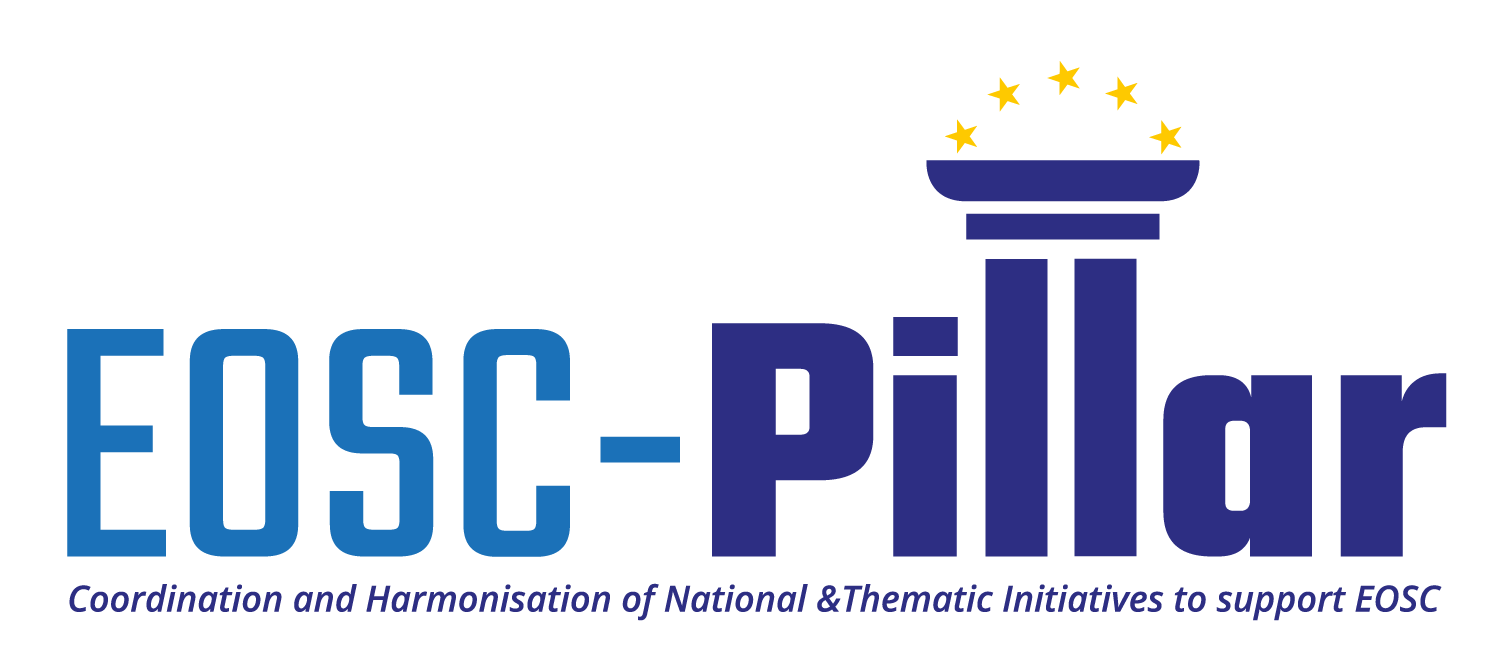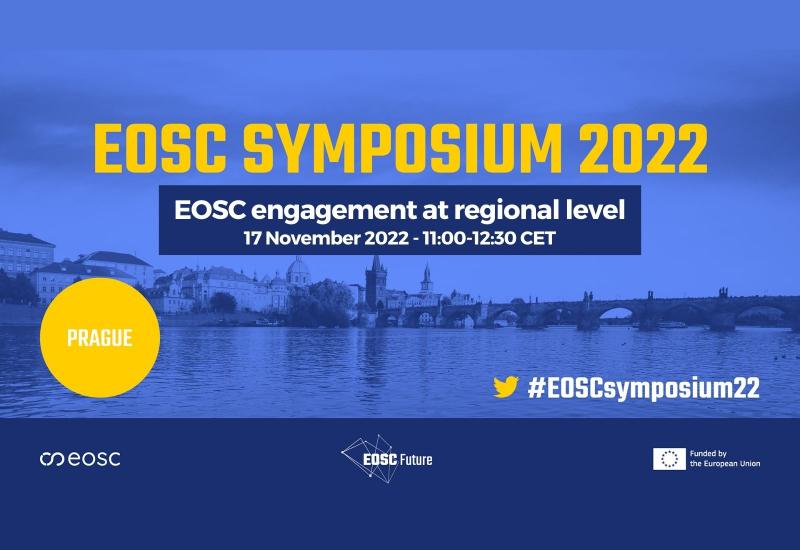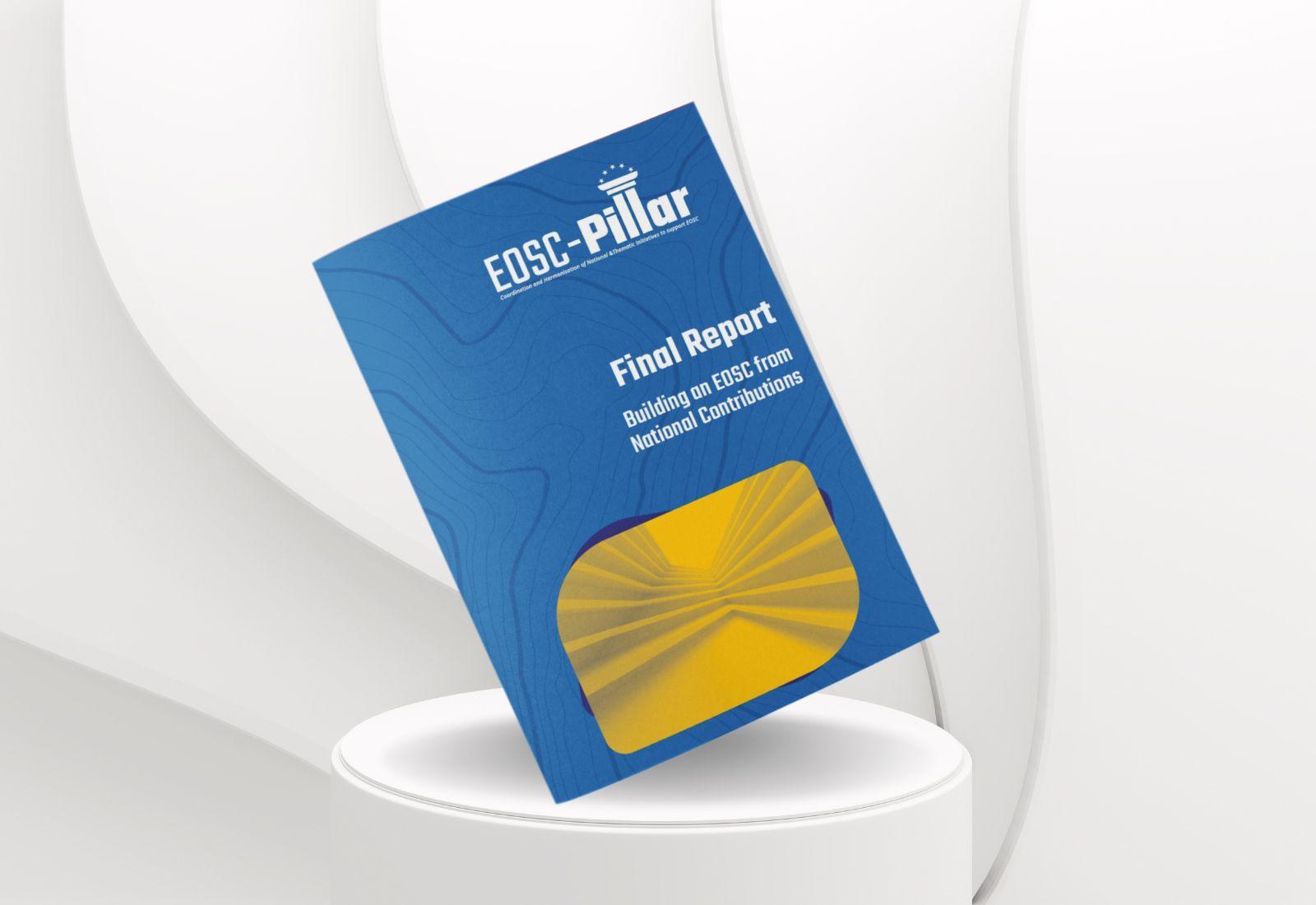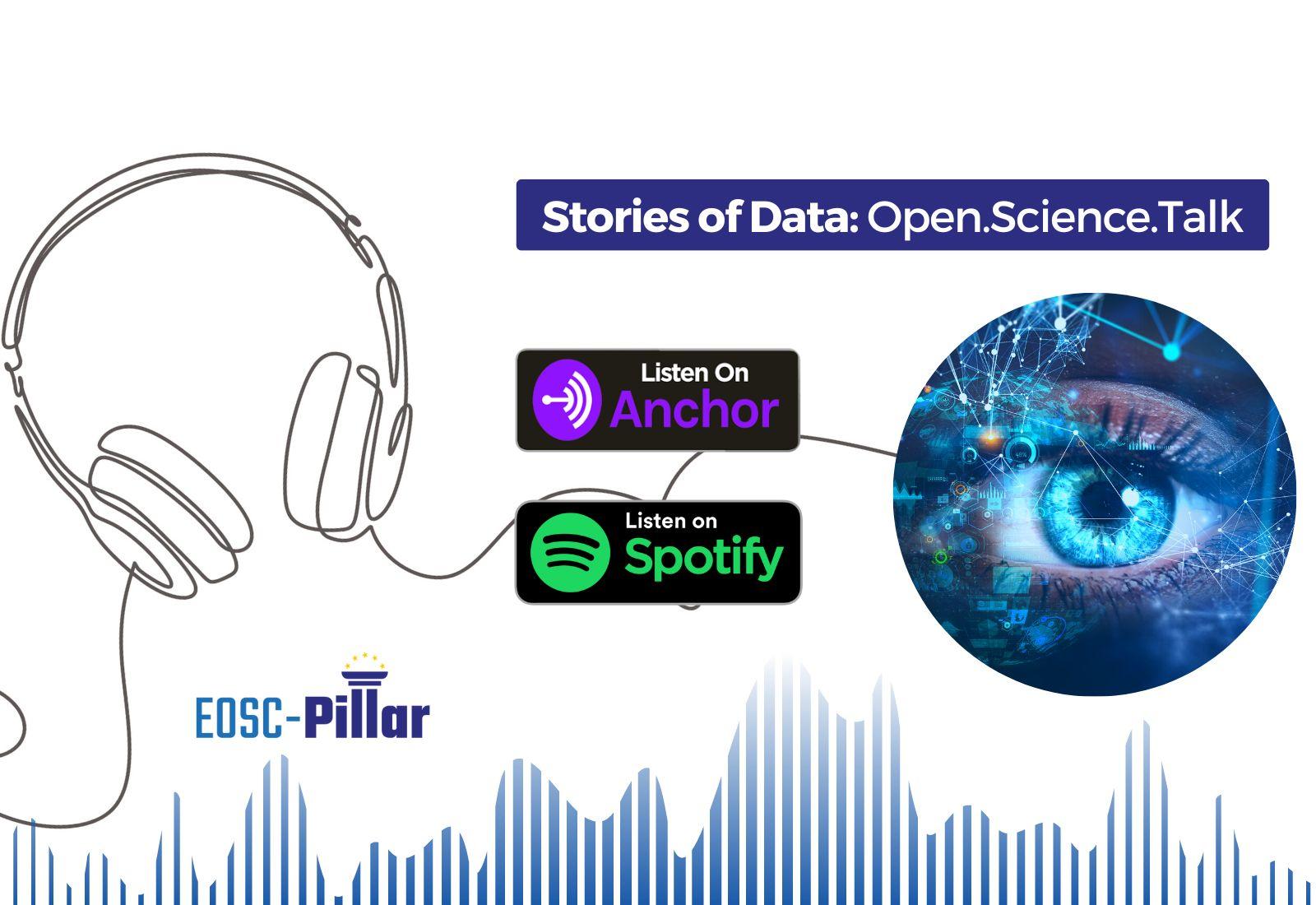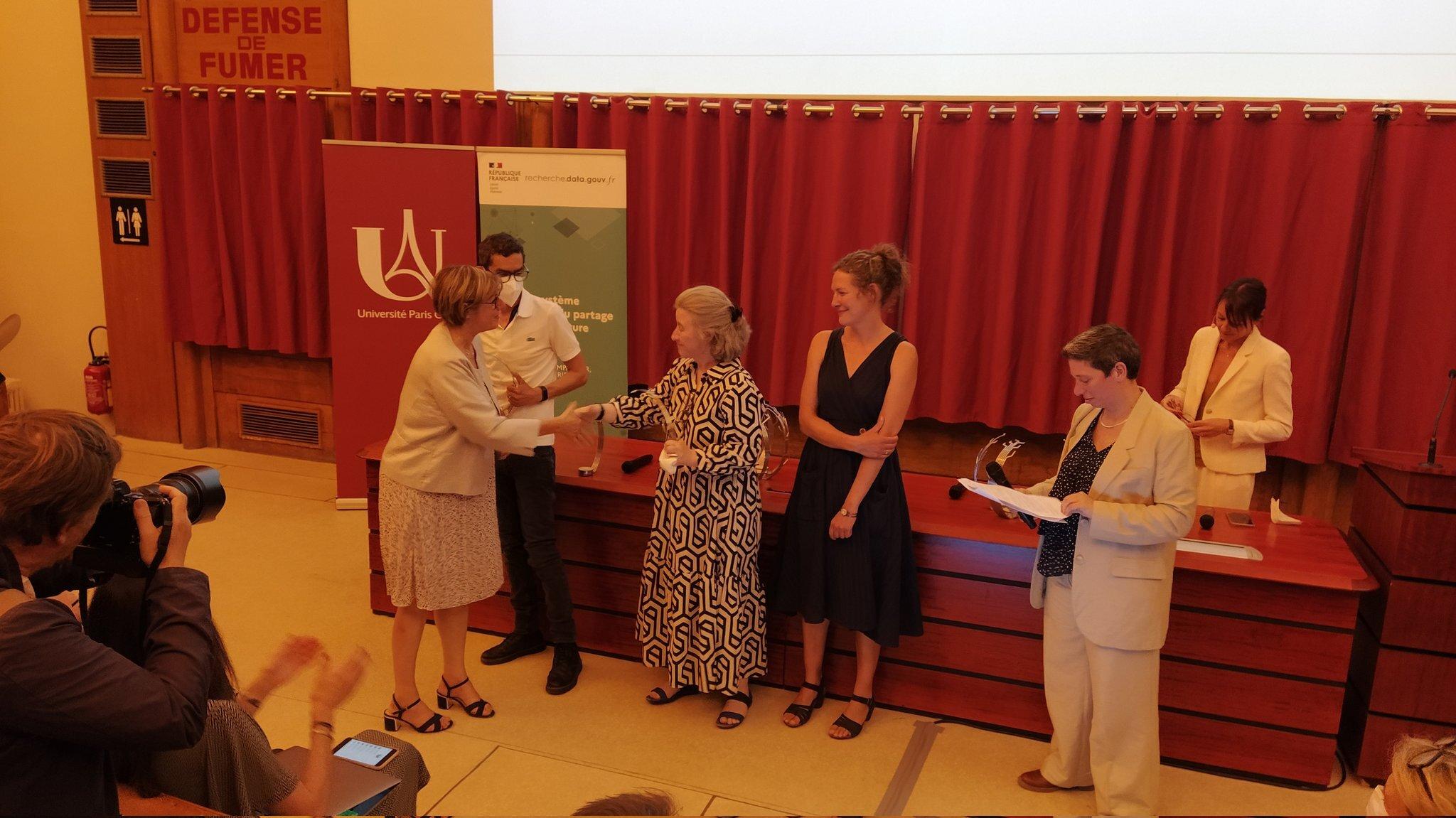
Don't leave anyone out. The inclusive approach of EOSC-Pillar training in collaboration with Research Performing Organisations
March
24,
2021
Insight
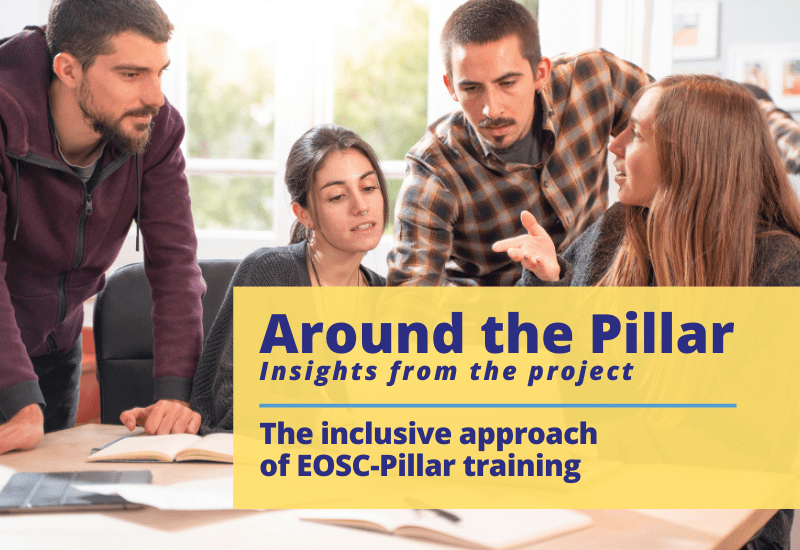
By Emma Lazzeri and Gina Pavone (CNR)
Open Science is an ever-evolving field: now that the change is set, there is a need to adapt quickly to it, but the subject is vast. So there is a constant need for training, directed not only at researchers but at every single profession involved in every stage of the research process.
One of the goals of EOSC-Pillar (particularly for Work Package 5) is to bring training inside institutions, and several learning paths have been designed together with Research Performing Organisations, cooperating in the effort to offer up-to-date and specialised courses tailored for both support and research staff. This active collaboration has been set up, for example, with the University of Pisa, the University of Cassino, the Scuola Normale Superiore and APRE, the Agency for the Promotion of European Research.
We are following two main directions: on one hand, offering specific training to research officers, librarians and other professionals assisting researchers (legal departments, ethics committees and so on); and on the other hand, training researchers at different career stages, from PhD students to leading researchers in their field. In addition, we actively supported institutions in introducing new important professional skills and profiles related to data management (data stewardship and data curation). Resources specific to data stewards and data curators have been gathered and made available in this catalogue.
The training of research support staff is intended to provide the knowledge of the many tools to practice collaborative and open research, so that those professionals are then able to help and assist researchers in their needs with respect to Open Science. It is, in fact, crucial to encourage an Open Science mindset in this community, and get it involved, in order to enable these professionals to help researchers make their work open and collaborative. Of course, this kind of training activity should be followed up on and updated with news and novelties from technology, policies or initiatives for Open Access and Open Science.
Constant updates are therefore always important. For PhD students, the idea is to develop a training course with a gradual path and integrated with their studies. Ideally starting in their first year of course with the basic principles of scholarly communication, highlighting why an experiment or a research period should bring to a publication, how the paywall model works with respect to Open Science. Then, as PhD students progress in their research career in the following years, to add details on RDM, the importance of all the research work, policies and so on. The updating process should then continue with specific courses on different research career levels.
As shown in the graph below, already two courses for PhD students have been held inside the EOSC-Pillar project, reaching about 90 participants and leading to the idea of integrating this kind of course in the PhD curriculum.




